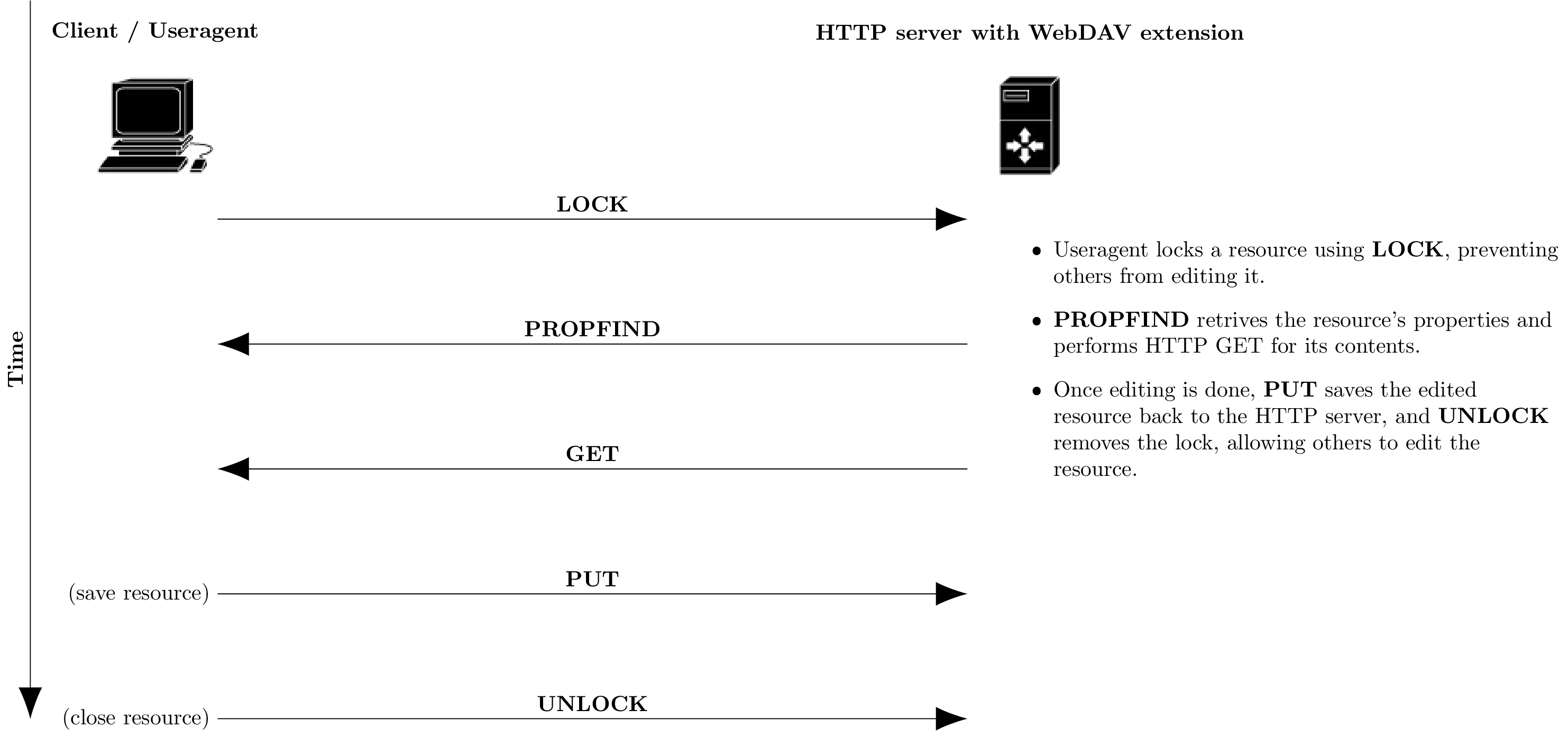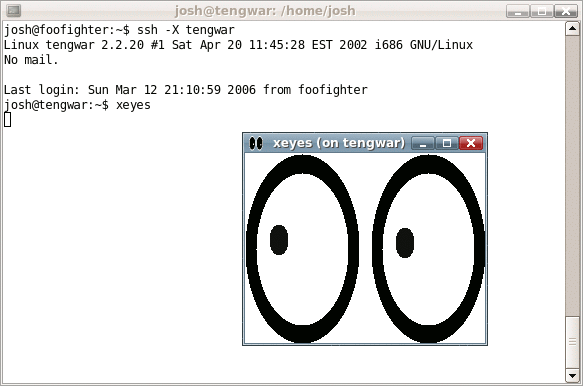|
Coda (web Development Software)
Coda was a commercial and proprietary web development application for macOS, developed by Panic. It was first released on April 23, 2007 and won the 2007 Apple Design Award for Best User Experience. Coda version 2.0 was released on 24 May 2012, along with an iPad version called Diet Coda. Although formerly available on the Mac App Store, it was announced on May 14, 2014 that the update to Coda 2.5 would not be available in the Mac App Store due to sandboxing restrictions. Coda was discontinued in 2020 and replaced by Nova. Concept and idea The concept for Coda came from the web team at Panic, who would have five or six different programs for coding, testing and reference. The lack of full-featured website development platforms equivalent to application development platform Xcode served as the purpose for Coda's creation. Development Currently, little is known about the actual development of Coda. What is known from Panic co-founder Steven Frank's blog is that Coda development ... [...More Info...] [...Related Items...] OR: [Wikipedia] [Google] [Baidu] |
Panic Inc
Panic Inc. is an American software development and video game publishing company based in Portland, Oregon. The company specializes in macOS and iOS applications and began publishing video games in 2016. Panic was founded by Steven Frank and Cabel Sasser in 1997. Products Software Panic is known for their flagship app Transmit, as well as their Audion media player, Unison usenet client, and Nova code editor (a successor to their web development app Coda). The company has won multiple Apple Design Awards for their products. In 1999, Audion was introduced as a skinnable MP3 media player. One of its competitors, SoundJam MP, was acquired by Apple in 2000 and was further developed into iTunes 1.0, which became available in 2001. Panic retired Audion in 2004 and began distributing it free of charge. After Audion, Panic focused development on two other software applications. In 2004, they released Unison, a Usenet reader, and Stattoo, a tool that shows "digital statist ... [...More Info...] [...Related Items...] OR: [Wikipedia] [Google] [Baidu] |
WebDAV
WebDAV (Web Distributed Authoring and Versioning) is a set of extensions to the Hypertext Transfer Protocol (HTTP), which allows user agents to collaboratively author contents ''directly'' in an HTTP web server by providing facilities for concurrency control and namespace operations, thus allowing the Web to be viewed as a ''writeable, collaborative medium'' and not just a read-only medium. WebDAV is defined in by a working group of the Internet Engineering Task Force (IETF). The WebDAV protocol provides a framework for users to create, change and move documents on a server. The most important features include the maintenance of properties about an author or modification date, namespace management, collections, and overwrite protection. Maintenance of properties includes such things as the creation, removal, and querying of file information. Namespace management deals with the ability to copy and move web pages within a server's namespace. Collections deal with the creation ... [...More Info...] [...Related Items...] OR: [Wikipedia] [Google] [Baidu] |
MacOS Programming Tools
macOS, previously OS X and originally Mac OS X, is a Unix, Unix-based operating system developed and marketed by Apple Inc., Apple since 2001. It is the current operating system for Apple's Mac (computer), Mac computers. Within the market of Desktop computer, desktop and laptop computers, it is the Usage share of operating systems#Desktop and laptop computers, second most widely used desktop OS, after Microsoft Windows and ahead of all Linux distributions, including ChromeOS and SteamOS. , the most recent release of macOS is MacOS Sequoia, macOS 15 Sequoia, the 21st major version of macOS. Mac OS X succeeded classic Mac OS, the primary Mac operating systems, Macintosh operating system from 1984 to 2001. Its underlying architecture came from NeXT's NeXTSTEP, as a result of NeXT#1997–2006: Acquisition by Apple, Apple's acquisition of NeXT, which also brought Steve Jobs back to Apple. The first desktop version, Mac OS X 10.0, was released on March 24, 2001. Mac ... [...More Info...] [...Related Items...] OR: [Wikipedia] [Google] [Baidu] |
Panic Software
Panic is a sudden sensation of fear, which is so strong as to dominate or prevent reason and logical thinking, replacing it with overwhelming feelings of anxiety, uncertainty and frantic agitation consistent with a fight-or-flight reaction. Panic may occur singularly in individuals or manifest suddenly in large groups as mass panic (closely related to herd behavior). Etymology The word "panic" derives from antiquity and is a tribute to the ancient god Pan. One of the many gods in the mythology of ancient Greece, Pan was the god of shepherds and of woods and pastures. The Greeks believed that he often wandered peacefully through the woods, playing a pipe, but when accidentally awakened from his noontime nap he could give a great shout that would cause flocks to stampede. From this aspect of Pan's nature Greek authors derived the word ''panikos'', "sudden fear", the ultimate source of the English word: "panic". The Greek term indicates the feeling of total fear that is al ... [...More Info...] [...Related Items...] OR: [Wikipedia] [Google] [Baidu] |
Shareware
Shareware is a type of proprietary software that is initially shared by the owner for trial use at little or no cost. Often the software has limited functionality or incomplete documentation until the user sends payment to the software developer. Shareware is often offered as a download from a website. Shareware differs from freeware, which is fully-featured software distributed at no cost to the user but without source code being made available; and free and open-source software, in which the source code is freely available for anyone to inspect and alter. There are many types of shareware and, while they may not require an initial up-front payment, many are intended to generate revenue in one way or another. Some limit use to personal non- commercial purposes only, with purchase of a license required for use in a business enterprise. The software itself may be time-limited, or it may remind the user that payment would be appreciated. Types of shareware Trialware Trialware ... [...More Info...] [...Related Items...] OR: [Wikipedia] [Google] [Baidu] |
SSH File Transfer Protocol Clients
The Secure Shell Protocol (SSH Protocol) is a cryptography, cryptographic network protocol for operating network services securely over an unsecured network. Its most notable applications are remote login and Command-line interface, command-line execution. SSH was designed for Unix-like operating systems as a replacement for Telnet and Computer security, unsecured remote Unix shell protocols, such as the Berkeley Remote Shell (rsh) and the related rlogin and Remote Process Execution, rexec protocols, which all use insecure, plaintext methods of authentication, like passwords. Since mechanisms like Telnet and Remote Shell are designed to access and operate remote computers, sending the authentication tokens (e.g. username and password) for this access to these computers across a public network in an unsecured way poses a great risk of 3rd parties obtaining the password and achieving the same level of access to the remote system as the telnet user. Secure Shell mitigates this ri ... [...More Info...] [...Related Items...] OR: [Wikipedia] [Google] [Baidu] |
FTP Clients
The following tables compare general and technical information for a number of File Transfer Protocol (FTP) client–server model, clients. Unless otherwise specified in footnotes, comparisons are based on the stable versions without any add-ons, extensions, or external programs. Free and open-source software Proprietary freeware Freeware and commercial editions Trials of commercial Commercial Operating system support The operating systems the clients can run on: (CL) Command-Line interface only – no GUI (Graphical user interface) Protocol support Information about what internet protocols the clients support. External links lead to information about support in future versions of the clients or extensions that provide such functionality. See also * File Transfer Protocol (FTP) * Comparison of FTP server software packages * Comparison of SSH clients – many of these, although not listed here, also have an SFTP capability References {{Reflist FTP clients, * ... [...More Info...] [...Related Items...] OR: [Wikipedia] [Google] [Baidu] |
HTML Editors
An HTML editor is a program used for editing HTML, the markup of a web page. Although the HTML markup in a web page can be controlled with any text editor, specialized HTML editors can offer convenience, added functionality, and organisation. For example, many HTML editors handle not only HTML, but also related technologies such as CSS, XML and JavaScript , or ECMAScript. In some cases, they also manage communication with remote web servers via FTP and WebDAV, and version control systems such as Subversion or Git. Many word processing, graphic design, and page layout programs that are not dedicated to web design, such as Microsoft Word or Quark XPress, also have the ability to function as HTML editors. Text editors Text editors intended for use with HTML usually provide at least syntax highlighting. Some editors additionally feature templates, toolbars , and keyboard shortcuts to quickly insert common HTML elements and structures. Wizards, tooltip prompts, and autocomple ... [...More Info...] [...Related Items...] OR: [Wikipedia] [Google] [Baidu] |
Macworld
''Macworld'' is a digital magazine and website dedicated to products and software of Apple Inc., published by Foundry, a subsidiary of IDG. History ''Macworld'' was founded by David Bunnell and Cheryl Woodard (publishers) and Andrew Fluegelman (editor). It began as a print magazine in 1984, with its first issue distributed at the launch of the Macintosh computer. As a print magazine, it had the largest audited circulation (both total and newsstand) of Macintosh-focused magazines in North America, more than double its nearest competitor, '' MacLife''. In 1997, the Ziff-Davis-owned '' MacUser'' magazine was consolidated into ''Macworld'' within the new Mac Publishing joint venture between IDG and Ziff-Davis. In 1999, the combined company also purchased the online publication MacCentral Online, because ''Macworld'' did not have a powerful online news component at the time. In late 2001 IDG bought out Ziff-Davis' share of Mac Publishing, making it a wholly-owned subsidiary ... [...More Info...] [...Related Items...] OR: [Wikipedia] [Google] [Baidu] |
Bash (Unix Shell)
In computing, Bash (short for "''Bourne Again SHell''") is an interactive command interpreter and command programming language developed for UNIX-like operating systems. Created in 1989 by Brian Fox for the GNU Project, it is supported by the Free Software Foundation and designed as a 100% free alternative for the Bourne shell (sh) and other proprietary Unix shells. Since its inception, Bash has gained widespread adoption and is commonly used as the default login shell for numerous Linux distributions. It holds historical significance as one of the earliest programs ported to Linux by Linus Torvalds, alongside the GNU Compiler ( GCC). It is available on nearly all modern operating systems, making it a versatile tool in various computing environments. As a command-line interface (CLI), Bash operates within a terminal emulator, or text window, where users input commands to execute various tasks. It also supports the execution of commands from files, known as shell scripts, f ... [...More Info...] [...Related Items...] OR: [Wikipedia] [Google] [Baidu] |
Perl
Perl is a high-level, general-purpose, interpreted, dynamic programming language. Though Perl is not officially an acronym, there are various backronyms in use, including "Practical Extraction and Reporting Language". Perl was developed by Larry Wall in 1987 as a general-purpose Unix scripting language to make report processing easier. Since then, it has undergone many changes and revisions. Perl originally was not capitalized and the name was changed to being capitalized by the time Perl 4 was released. The latest release is Perl 5, first released in 1994. From 2000 to October 2019 a sixth version of Perl was in development; the sixth version's name was changed to Raku. Both languages continue to be developed independently by different development teams which liberally borrow ideas from each other. Perl borrows features from other programming languages including C, sh, AWK, and sed. It provides text processing facilities without the arbitrary data-length limits of ... [...More Info...] [...Related Items...] OR: [Wikipedia] [Google] [Baidu] |


